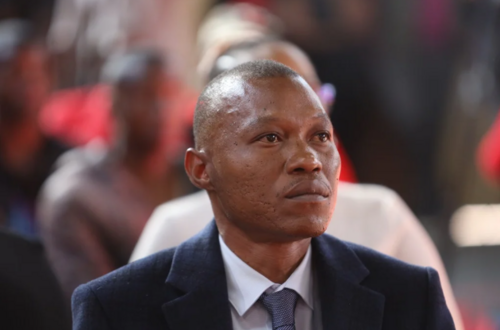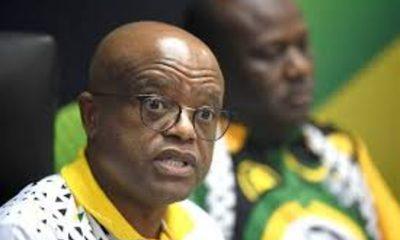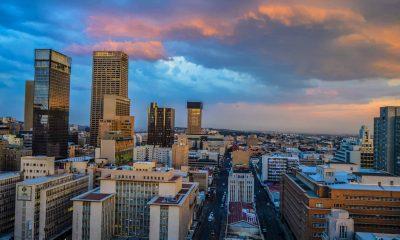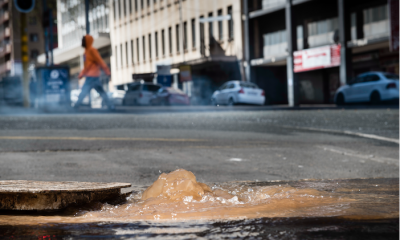411
Power cuts, water shortages and delays: How Joburg’s instability hurts residents

The City of Johannesburg’s ongoing leadership crisis is being blamed for a growing collapse in basic services and major delays in infrastructure projects. This comes after yet another mayoral resignation — the latest in a long list of political changes that have left the metro without long-term stability.
Former mayor Kabelo Gwamanda’s resignation after just 15 months in office has reignited concerns that the constant shuffle at the top is derailing service delivery and undermining governance in one of South Africa’s biggest cities.
Democratic Alliance Johannesburg caucus leader Belinda Kayser-Echeozonjoku warned that the city can no longer afford this kind of instability. “Service delivery has not been up to standard; it has been collapsing. This merry-go-round of mayors is a challenge for us because we don’t know whether whoever becomes mayor will be there until 2026 or if we’re going to have another mayor stepping down in a few months,” she said.
One of the most visible signs of poor leadership is the long-delayed repair of Lilian Ngoyi Street. More than a year after an explosion damaged the key commuter route, the road remains unusable despite funds and plans being in place.
Kayser-Echeozonjoku said the project’s delays are symbolic of how unstable governance affects real people. “It’s a major route for both taxis and private vehicles, but nothing’s moving — just like the leadership.”
Beyond the roads, residents have had to contend with chronic water shortages, widespread power cuts, and deteriorating refuse collection services. In many areas, water outages have disrupted homes and businesses alike, with small enterprises particularly hard-hit due to limited access to alternative supplies.
Waste collection has also become inconsistent, with rubbish piling up in communities across the metro. The problem is even worse in townships, where residents face extended periods without proper sanitation and waste removal services.
Electricity blackouts have added further strain. Businesses report financial losses from frequent outages, while residents are growing more concerned about crime during power cuts. “The lack of reliable power not only affects productivity, it puts lives at risk,” said Kayser-Echeozonjoku.
Political analyst Levy Ndou said the crisis is not just political — it’s practical. “When a city’s leadership is in a constant state of flux, it creates an environment where long-term projects suffer. There’s a lack of continuity, which leads to delays, miscommunication, and ultimately, the stalling of essential services,” he explained.
From roads and water to electricity and waste, Johannesburg’s ability to maintain basic infrastructure has been severely affected by political instability. Residents, meanwhile, are left bearing the brunt of poor planning and short-lived leadership.
The city’s next administration will face a critical test: restore order, or risk further deterioration in public trust and service delivery. For many Joburg residents, it’s no longer just about politics — it’s about survival.
Follow Joburg ETC on Facebook, Twitter , TikTok and Instagram
For more News in Johannesburg, visit joburgetc.com
Sourced:IOL
Picture: Sharon Seretto/Gallo Images



























